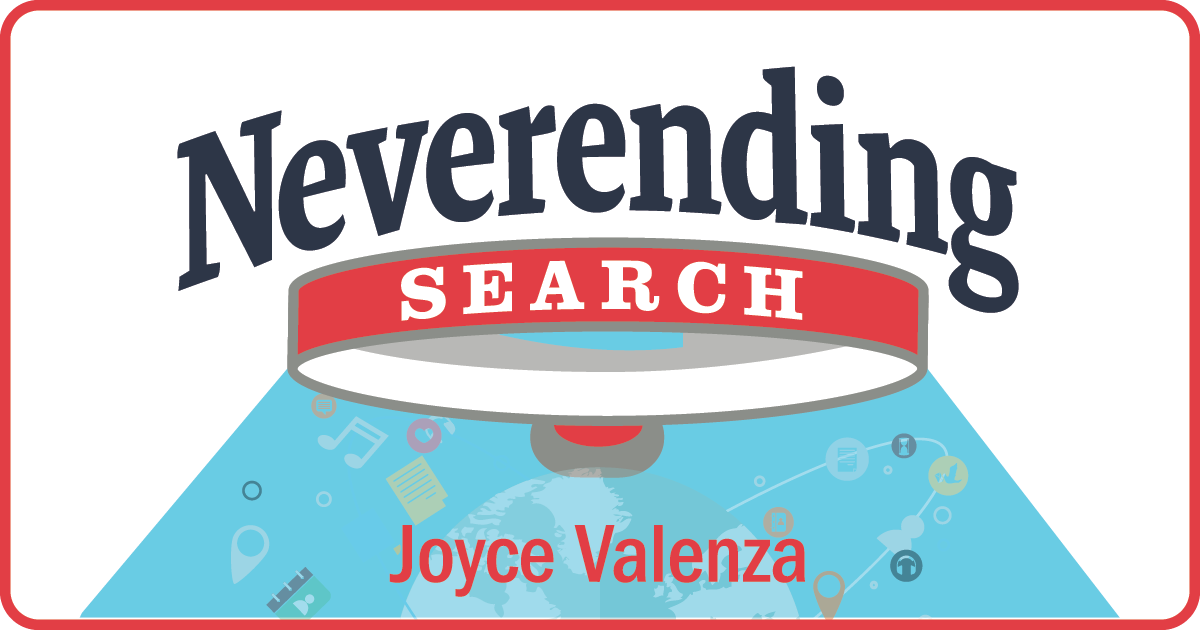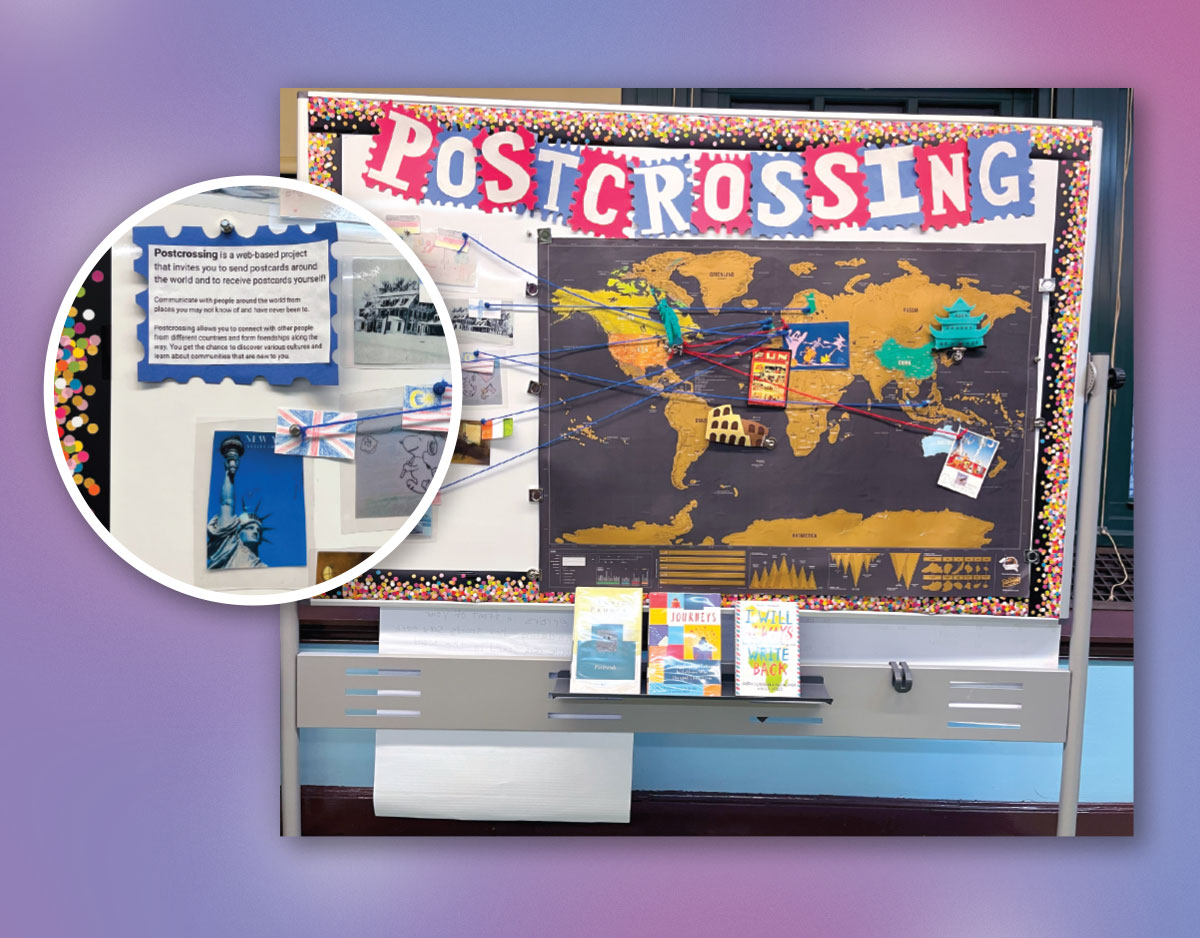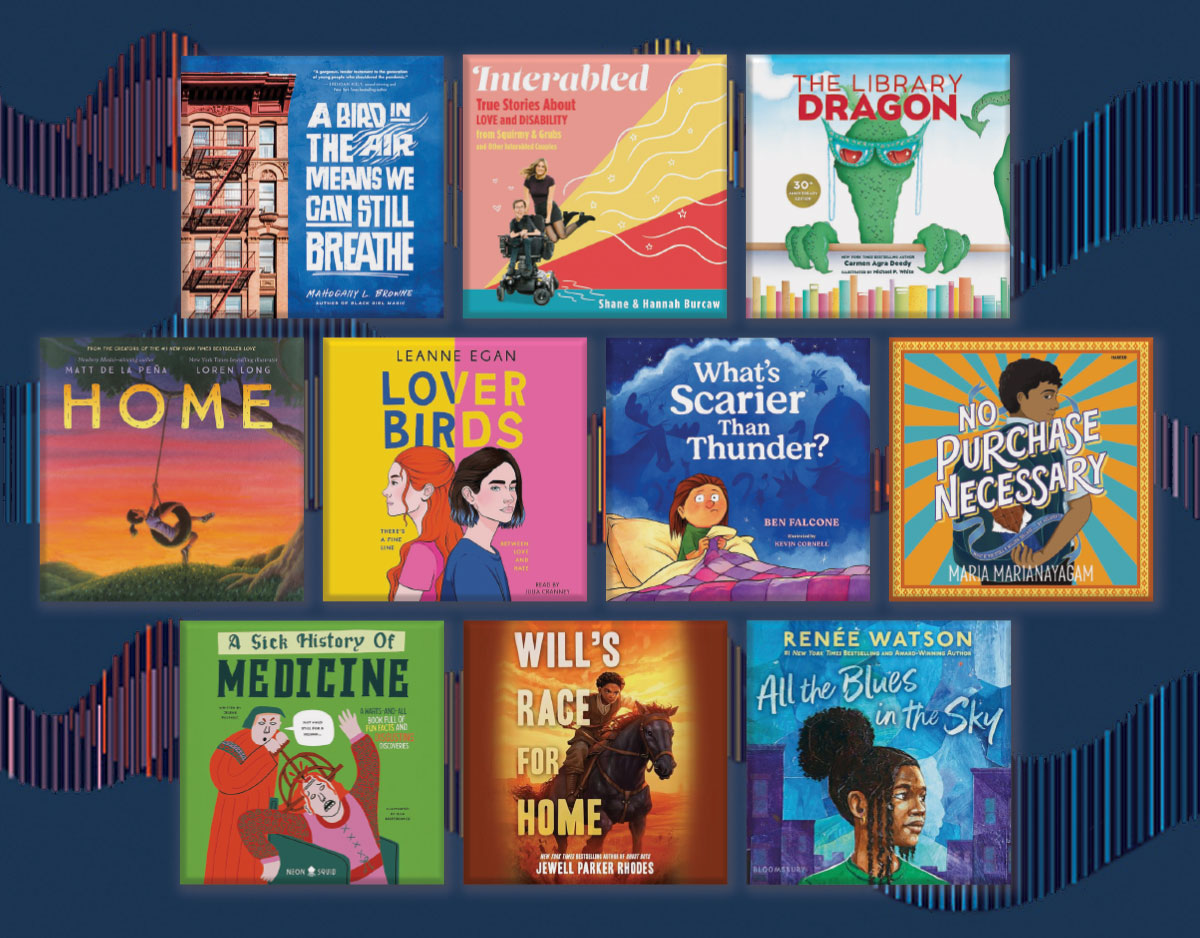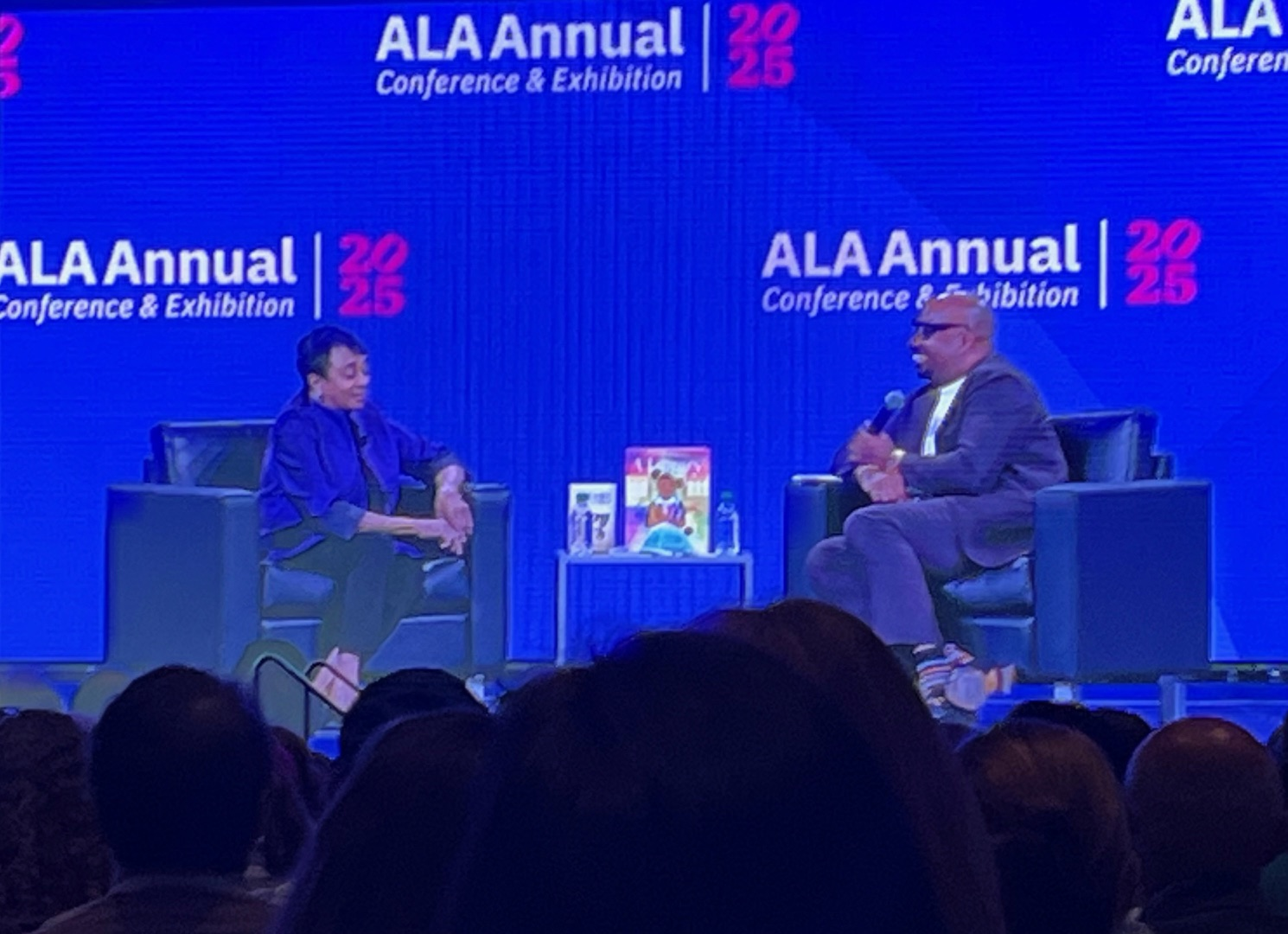SCROLL DOWN TO READ THE POST
Mt. Alvernia: the journey to iCentre
I am nearing the end of my visit to Australia where I was honored to speak and offer a MasterClass at EduTECH 2014. Among the nine strands offered was the K12 Library Managers Congress where I met and reconnected with movers and shakers who are rethinking library, engaging learners, and inspiring each other. I hope to share some of their stories in the next few posts.
Kathryn Schravemade (@KatSchrav) and Helen Stower (@HelenStower1) presented their recent journey in their talk, Moving from a Traditional Library to a Contemporary iCentre. That journey was guided by the question, What is the purpose of library in a one-to-one school?


When Helen and Kathryn think of the Mt. Alvernia iCentre,
We think of it all, the beanbag chairs, the campfire circle where we share stories, the puppy chairs where we serve hot chocolate and talk about books, the website and the Twitter feed. We want the community to think that it’s all these things. We take the website with us when we visit classrooms.
Kathryn and Helen librarians discussed the importance of their social media presence.
We wanted our community to connect, to take our resources beyond school. We learned about new environments and we learned there was so much more that we could be doing with new literacies.
Kathryn noted that rebranding
gave us an excuse. We rebranded everything. We changes the name of our spaces. We changed our services. We changed what we did in the classroom. Using Mike Ribble’s Nine Themes of Digital Citizenship as a base, we reconsidered our instructional program.
We understand the many ways that space builds culture–you need both virtual and physical spaces in a digital age. We learned from talking to and watching the kids.
We’re not a new library, but we’re a changed library. We let people know what we do.
Helen, like several of the other librarians I chatted with here, has been profoundly influenced by what she is learning in Charles Sturt University’s continuing education program, Knowledge Networks and Digital Innovation, where Judy O’Connell is Course Director.


I asked Kathryn and Helen to share a few paragraphs about their ever-evolving, very transparent, learner-centered journey.
ADVERTISEMENT
ADVERTISEMENT
The story of our journey from a traditional library to an iCentre is not complete. In fact, we hope it never will be, as the essence of our journey centres around continuous transformation. This is very much a story of trial and error and we don’t claim that we have found a model that will work for every school and every library – what we do hope is that we can share ideas and something we have done or experienced will help you on your journey.
Our journey from library to iCentre does not involve a brand new building, it involves transformed culture, services and spaces. It is important to note that as Teacher-Librarians, we are representative of a very strong and well-functioning team. We work closely with the college eLearning manager and Cybrarian, and are well supported by our library administrators who run the daily workflow of the iCentre.
The concept of a ‘School Library’ conjures a place that is open during school hours, loans books and resources to students and teachers, promotes literature and teaches research skills. Our vision of an iCentre was and is a place that performs all these tasks and more. In order to meet the needs of 21st Century learners, we wanted our resources to be available at any time and from any place.
We aimed to provide new technologies and spaces for collaborative and experimental teaching and learning. We wanted to encourage learners to investigate, create and communicate with ICTs. We wanted our iCentre to be a physical and virtual space that connected learners with the skills, tools and information they needed for success and life-long learning. For this dream to become reality, a culture that embraced change was needed.
In 2012, we changed the name of our library to the Mount Alvernia iCentre. The Mount Alvernia iCentre represents both our physical and virtual space – the iCentre website. Our motto for the iCentre is, “connecting learners with skills, tools and information.” We also used the iCentre name, logos and graphics in our social media environments to link all our services.
Rebranding was important because we wanted to shift the community’s thinking about library services and what Teacher-Librarians can offer. The launch of the iCentre website was an opportunity to market our services as having moved from the PC age to the mobile age.
Our vision for an iCentre included creating a virtual space that was just as important for connecting with people as our physical space. A big focus for us was considering how space can shape culture and impact learning. We continue to reflect constantly on how our virtual space is part of the learning that takes place in our community.
Our services now transcend the walls of the physical space and the community is able to access them from anywhere with internet connection. We communicate with our users through push technology such as Facebook, Twitter, Pinterest.
We believe that teaching and learning digital literacies and digital citizenship are central to our role as Teacher-Librarians. In response to this, Year 8 Retech (Research and Technology) classes have been initiated to provide this cohort with a set of the skills and tools needed to support their growth as 21st century learners.
We also believe that literacy belongs to the learner and for this reason, we need to position ourselves as learners along with the students. Our online environments, extend our own practice of digital citizenship and ensure we are role modelling legal, safe and ethical behaviours.
Everything we do as members of the iCentre team is visible to our community and we wouldn’t have it any other way. They see us researching, collaborating, blogging, tweeting and our conversations and language reflect our beliefs.
ADVERTISEMENT
ADVERTISEMENT
We know that if we want our students to learn, we must get our teachers on board this process. We think it is important for all learners to build a PLN (Professional Learning Network); we assist our staff and students in developing their own PLNs and constantly showcase these on our website for our community.
We believe it is integral for an iCentre to be aware of how it is catering for its users. We value feedback from our community and are constantly adopting and adapting our services and practises to suit this. The journey continues as we learn together with the community at Mt Alvernia.
We are excited about the progress we have made and have learnt much on our journey. Three building blocks we identify as keys to success in the twenty-first century are: collaboration, creativity and digital citizenship. We have had to practise these skills in order to reimagine and move the traditional role of the school library, as a provider of information and literature, to an iCentre and we can see that study and work in the twenty-first century will demand these skills of the students in our care.
We are only two years into our journey and already we have transformed from iCentre v1.0 to iCentre v6.0. We know that v.20 is probably not that far away. All we can do is embrace change and learn with and from this change to effectively cater for our users and the changing world.
Mt Alvernia iCentre
Like us on Facebook
Follow @icentremta on Twitter
Filed under: advocacy, blended learning, creativity, design, design thinking, digital citizenship, digital libraries, library websites
About Joyce Valenza
Joyce is an Assistant Professor of Teaching at Rutgers University School of Information and Communication, a technology writer, speaker, blogger and learner. Follow her on Twitter: @joycevalenza
ADVERTISEMENT
SLJ Blog Network
How Candace Fleming Made an Award Winner
World Premiere Video for a Brand New Amos McGee! With Special Q&A with Erin E. Stead
Superman’s Good Guy Gang | Review
Heavy Medal Suggestions: 73 Titles and Counting
Fast Five Interview: Donna Galanti
The Classroom Bookshelf is Moving
ADVERTISEMENT
ADVERTISEMENT







